Tantrums Aren’t Just For Two Year Olds
We regularly hear about the terrible twos and the troublesome threes but it’s not uncommon to hear that even older children have tantrums. How can this be when the experts tell us these angry outbursts are most typically a result of the frustration of young children as yet unable to verbally express their needs and emotions?
When you consider the social and emotional hurdles our children face during preschool, kindergarten and the early years of primary/elementary school, their capacity for tantrums becomes just a tad more understandable. Consider for example;
- 4 year olds are really just beginning to learn how to negotiate solutions in conflict situations,
- 5 year olds are managing greater expectations of independence, and they suddenly realise that they really do want to be liked by their friends,
- 6 year olds are still developing self-control and the ability to accept failure in themselves,
- 7 year olds are transitioning in a big way with a massive shift in their worldview – from ‘family centered’ to ‘school centered,’ and
- 8 year olds shy away from being an individual or different from others for fear of being teased.
These are just a handful of the social and emotional skills and behaviours a young child is still learning to negotiate and manage, and while these lessons are being learnt a child’s emotions can be particularly sensitive. Unsurprisingly, tantrums in older children are most commonly about emotions – primarily frustration and anger – with or without the trigger of a physical or environmental factor – stress, hunger, tiredness or boredom. And these tantrums typically manifest as sulking, yelling, disobedience, whining or physical outbursts.
Whatever their cause, avoiding a meltdown can be possible with a little forethought, careful observation, a whole lot of deep breaths and some guidance – as you help your child express their feelings and emotions in a more socially acceptable manner. Here are some suggestions that might just help you and your child navigate each day tantrum-free;
- Before entering a new social environment clearly explain to your child the behavioural expectations for that place, and then catch them being good. Too often we get caught up in the busyness of life and forget to notice and reward appropriate behaviour, spending much of our time dealing with the inappropriate instead.
- Remember that children need down time too. Spending all day in an environment requiring controlled behaviour, such as a day at school, can be a big ask for a young child. It is easy for them to have exhausted a great deal of their concentration and energy reserves in just meeting the behavioural expectations of the school environment. Compounding this with an after school visit to the doctors surgery or to great-Grandmothers house can sometimes be enough to tip the scales towards undesirable behaviour.
- If your child is tired, hungry or unwell try to avoid putting them in situations or environments that require more than they are capable of giving. Deal with the trigger first, allowing them some quiet rest time or a snack, or alter your plans where possible. For example, if you have picked them up from school and they are already whining or disagreeable, suggest a short play at the park and a snack before stopping to pick up groceries, and maybe just grab just what you need for dinner, rescheduling the weekly shop for another time.
- Be prepared and plan ahead. When they are babies we are great at carrying around anything and everything our bub might need but for some reason we seem to get out of this habit as they get older. I try to make sure that there is always something snack worthy in my handbag – be it some crackers, a muesli bar or box of sultanas, and something to play with – a notebook and pen, mini magna doodle for drawing or word games, or even my phone or tablet at a pinch.
- If your child is having a tantrum, try to remain calm and wait it out. Respond in the way that works best for you and your child, in terms of bringing them close or giving them space, but do not be afraid to stop talking and physically turn or move away to control your own emotions if you need to. As long as your child is safe and you are actively managing the situation, try not to concern yourself with what others think (which can be difficult in public, I know).
- If your child has regular tantrums, look for patterns of behaviour – when and where do they most frequently happen? What initially triggers the tantrum? Empowering yourself with this information will help you to make more considered decisions about how best to avoid or manage tantrums in the future.
- Talk regularly and openly with your child about emotions – how you are feeling, how they are feeling, how their friends and other family members may feel – within a range of possible social scenarios. Help your child to consider and practice acceptable ways of expressing big emotions like frustration and anger.
- Role play ways of solving problems with friends. By doing so you are helping your child to build an emotional toolkit of appropriate social responses and developing their moral conscience and sense of empathy for others.
- Be a good listener. Keep the lines of communication open with your child, being present and attentive when they do come to you with their problems – remembering that what an adult considers a small issue or problem may be very big in the mind and life of a child.
Do your post-2-year-old children still exhibit tantrum-like behaviour? What strategies do you use to cope?

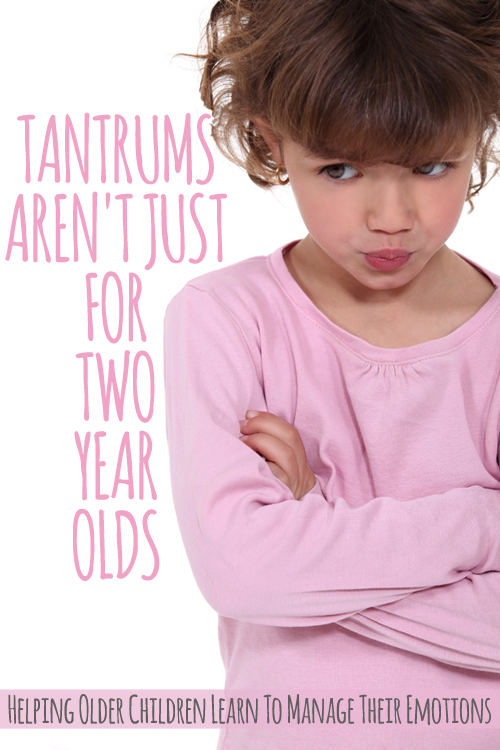
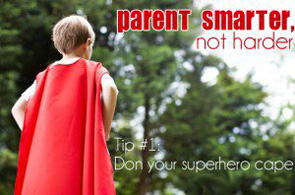
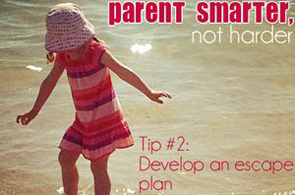
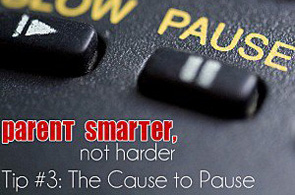
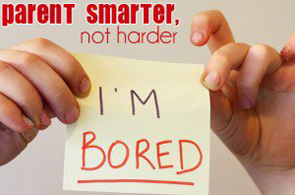
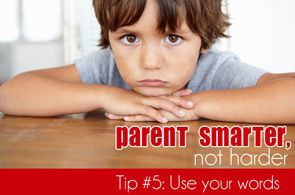
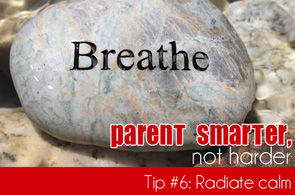
My handbag always has tiny spiral notepads and the 4 colour pens to entertain my children. My 6 year old tends to get hungry and emotional very quickly. So I have taken to keeping 1 commercial wrapped bliss ball in my handbag. Yes they are expensive, but full of protein which seems to fill her quickly. (well worth the money to avoid a public meltdown)
Great tips. THanks for sharing!